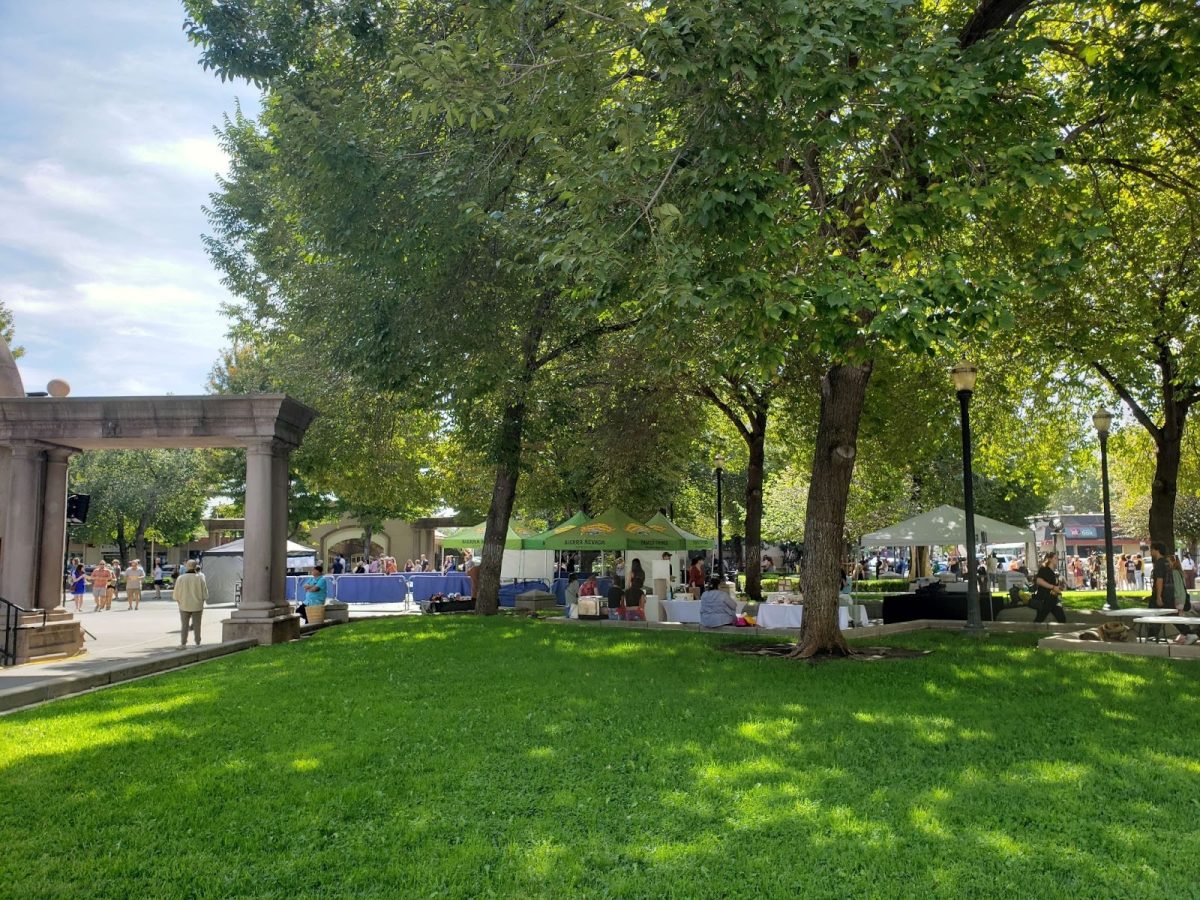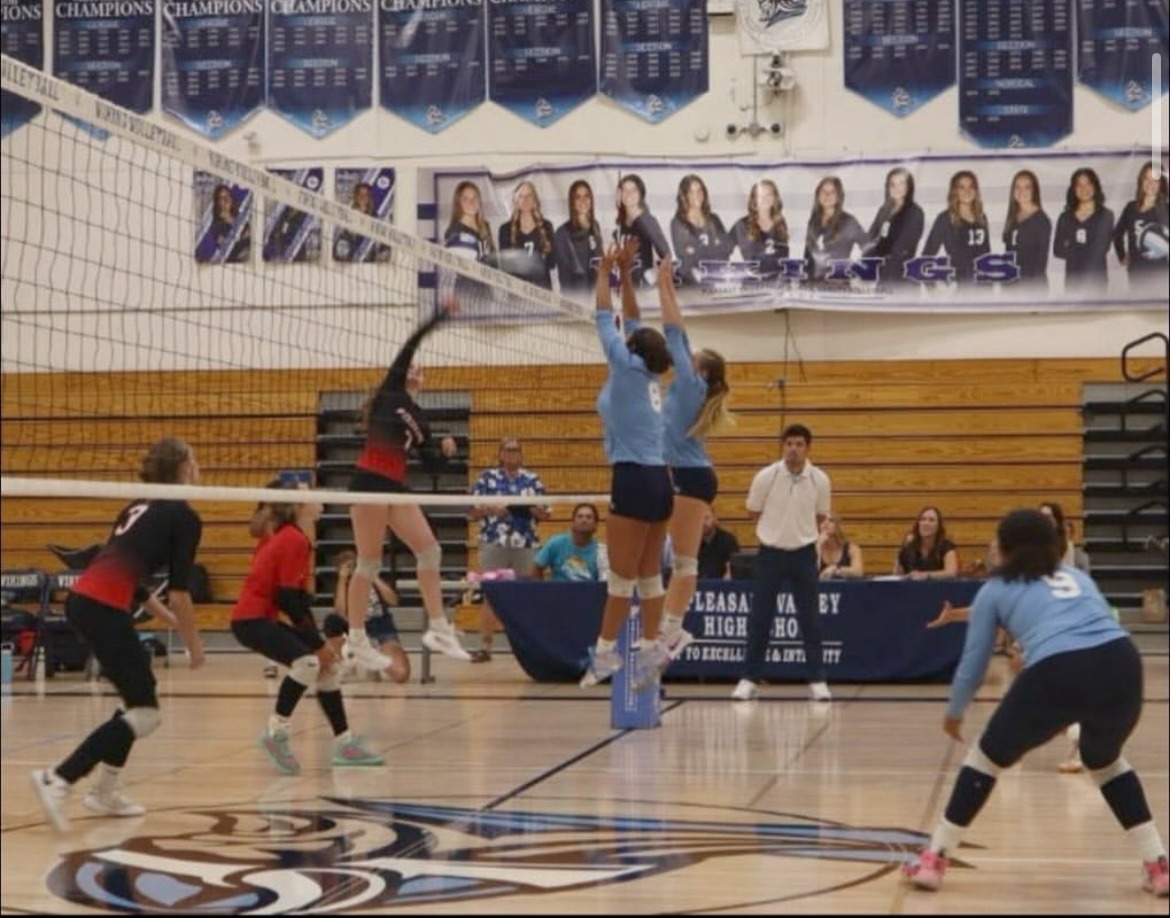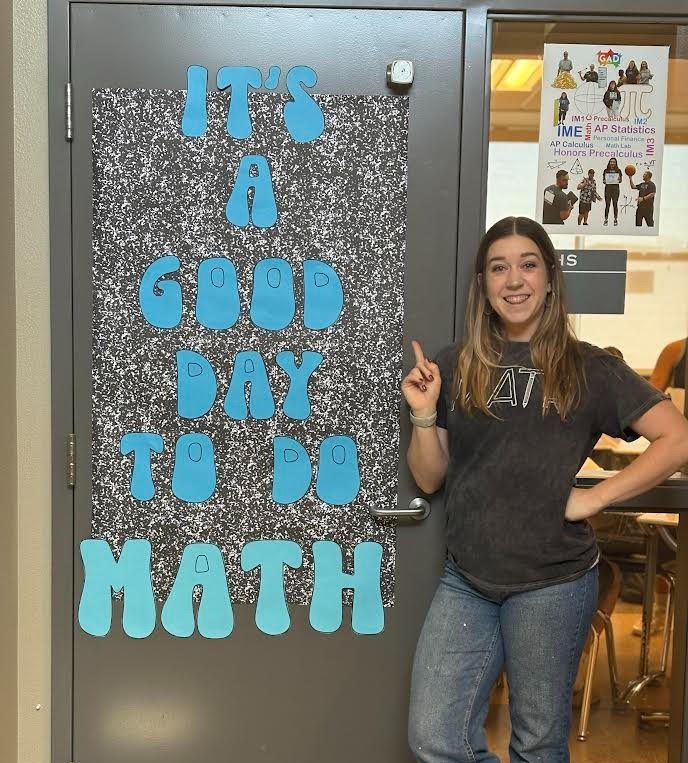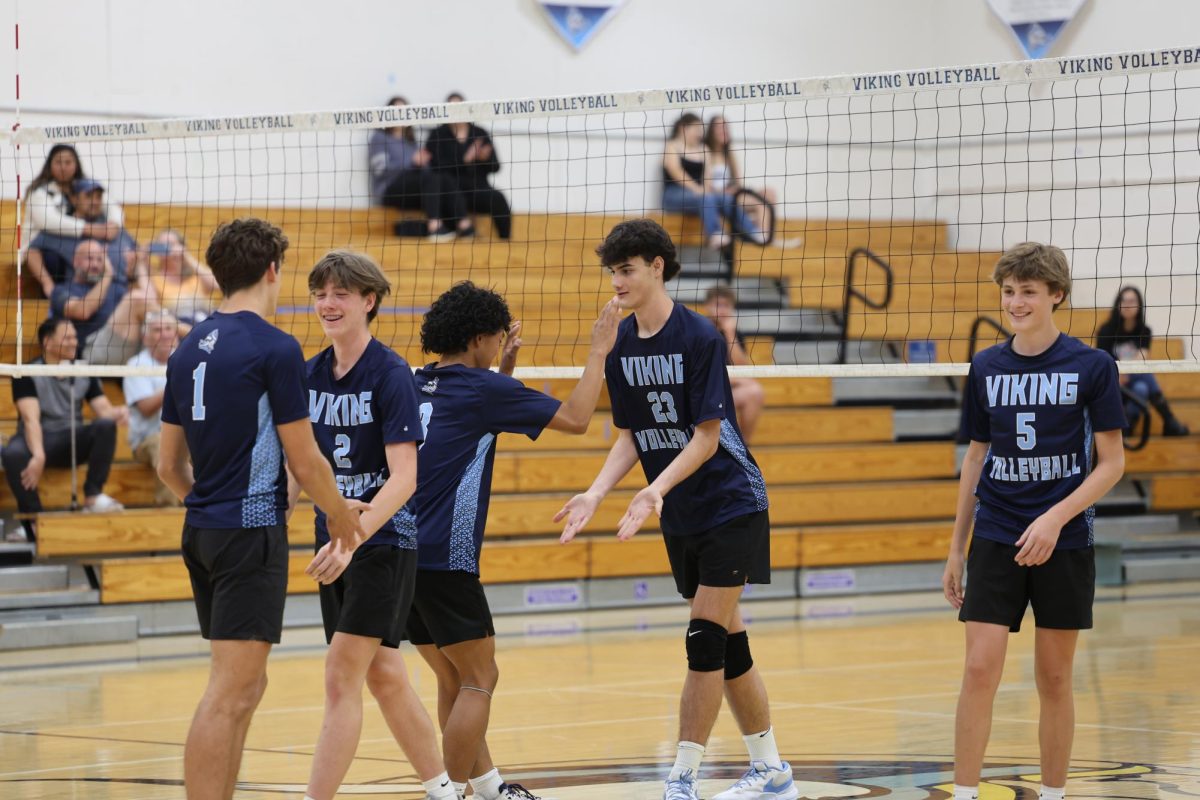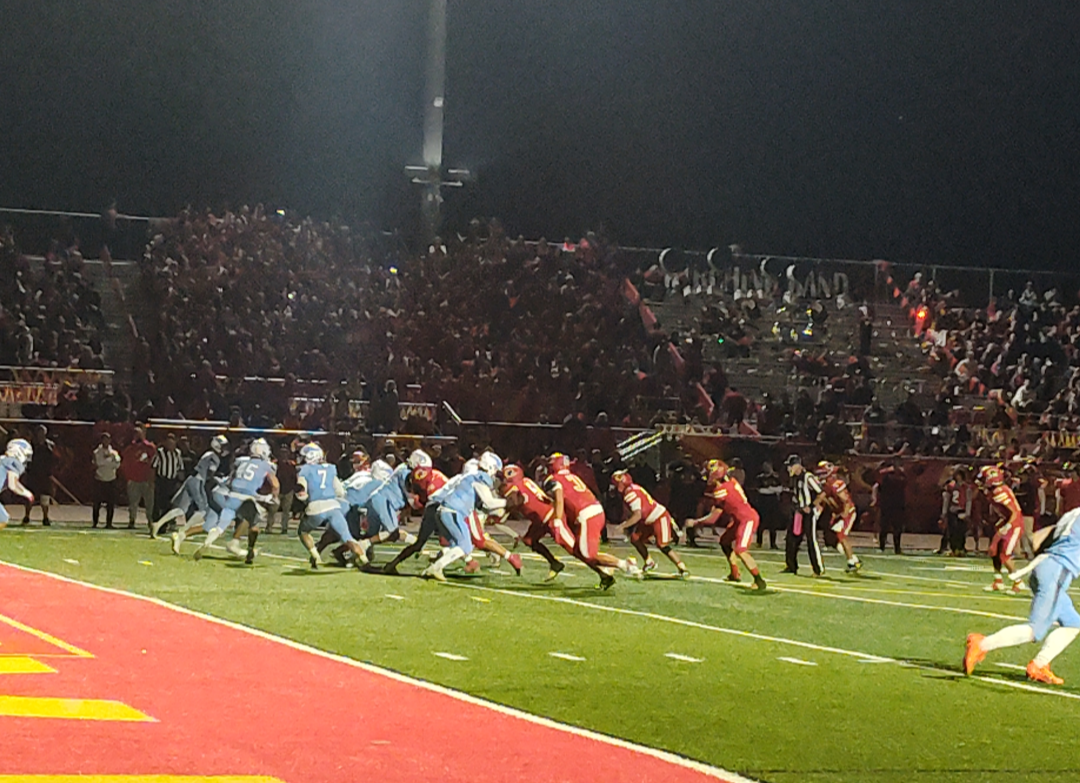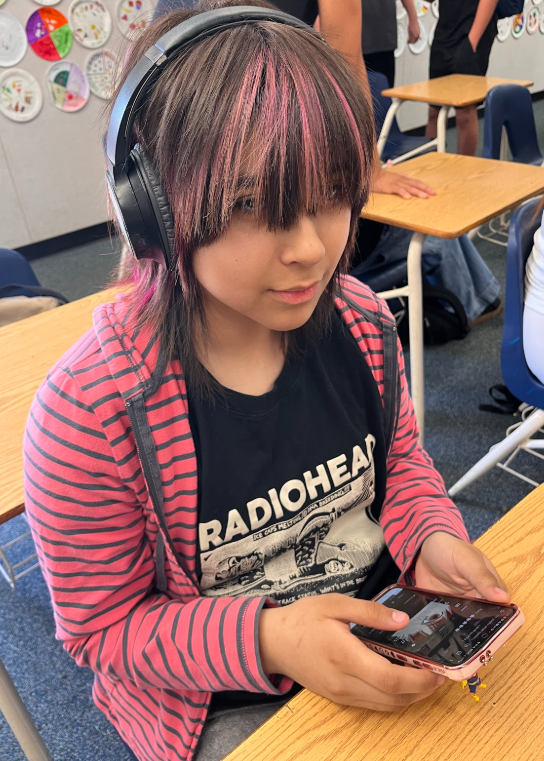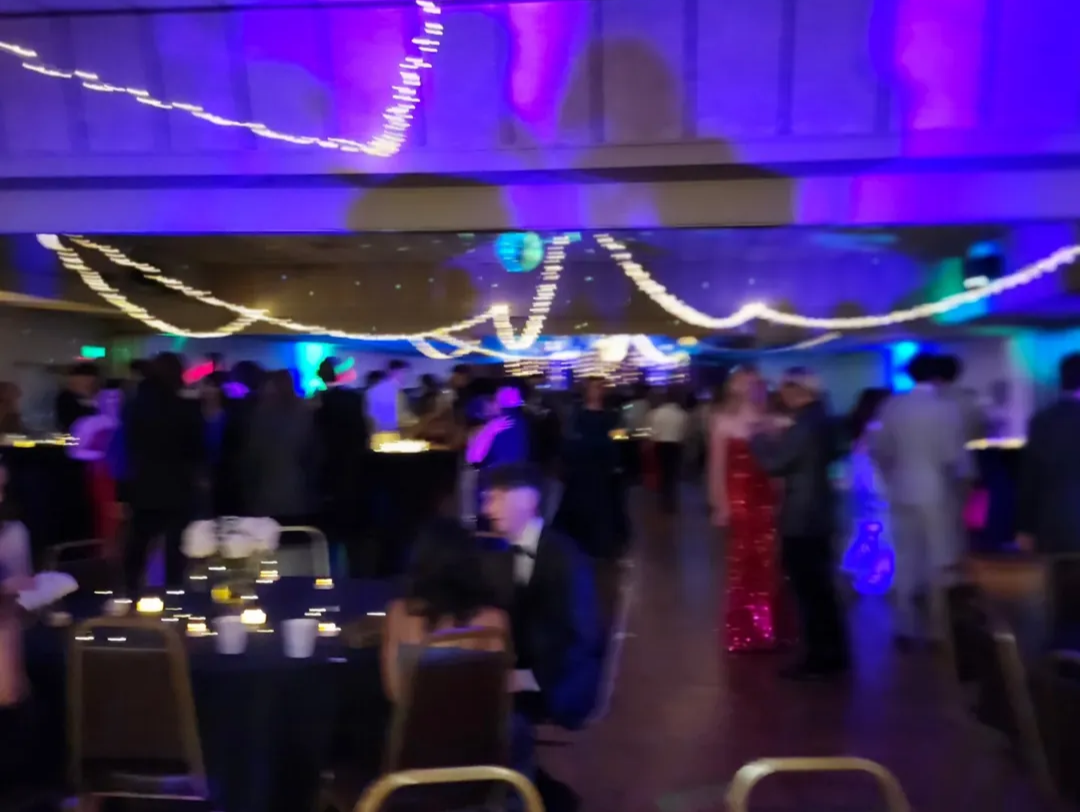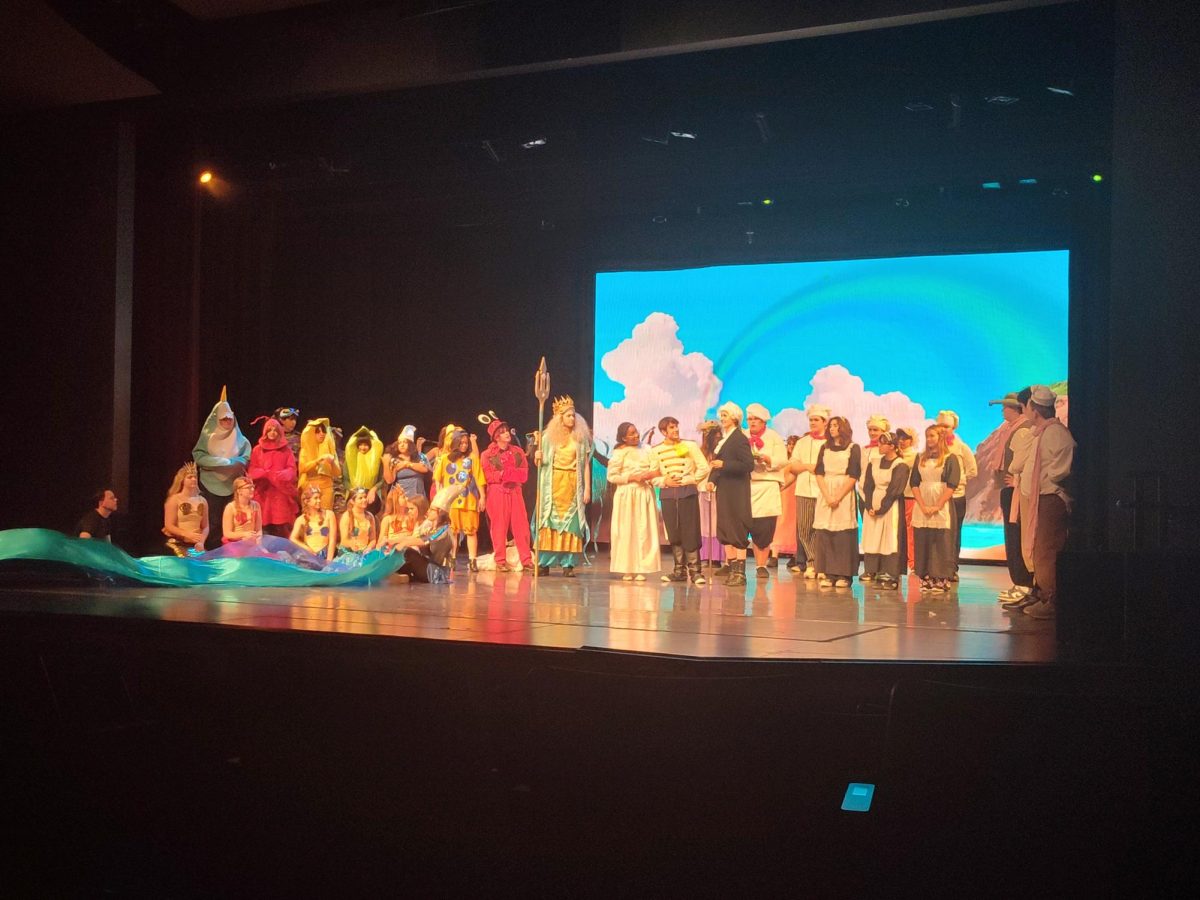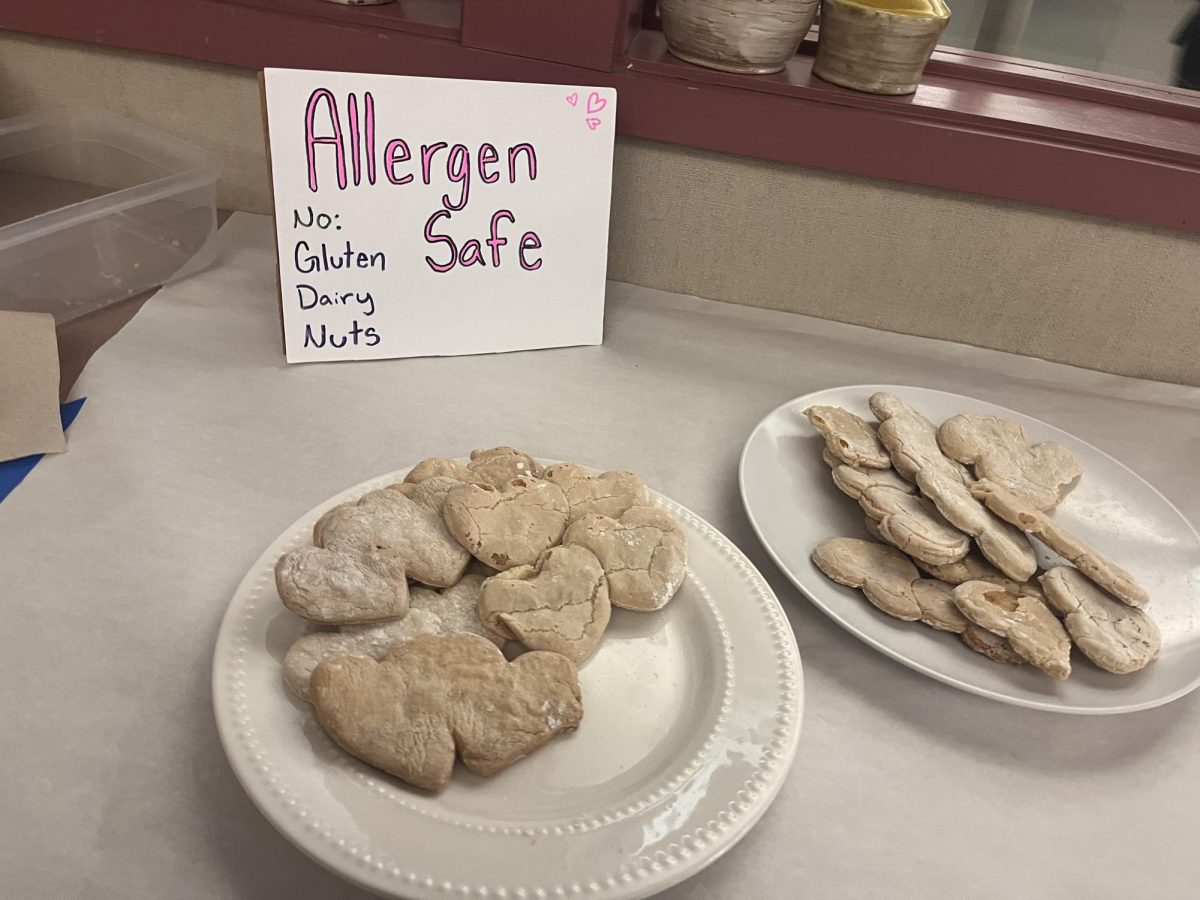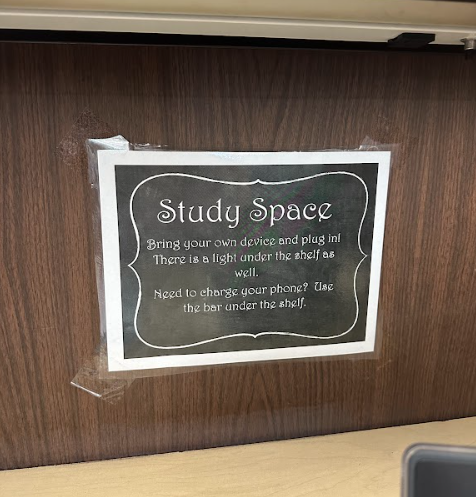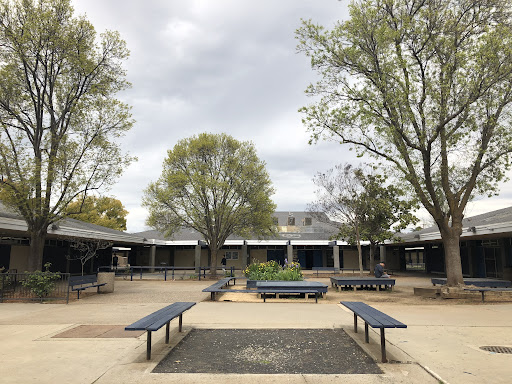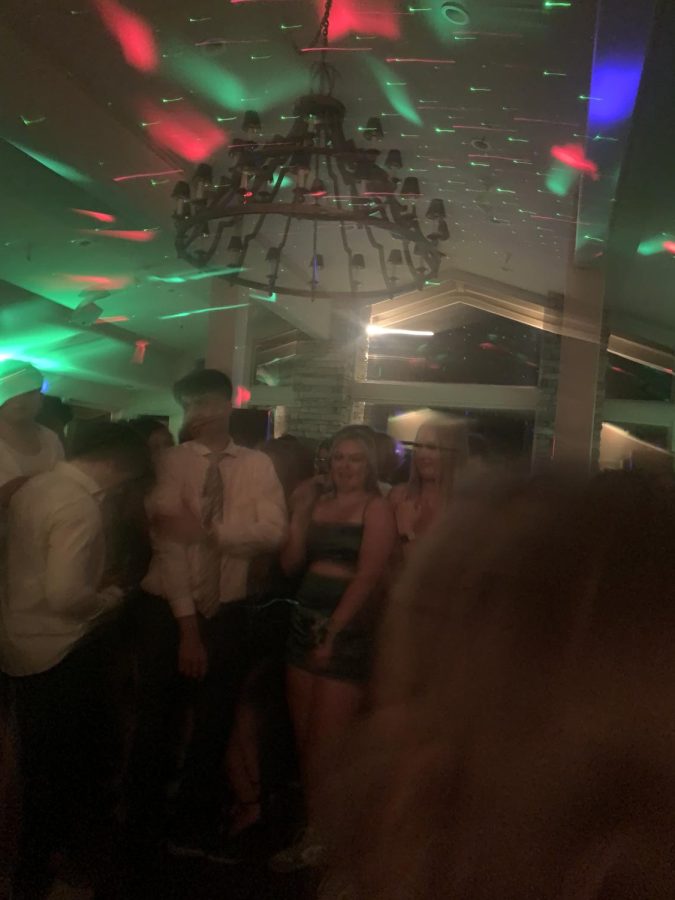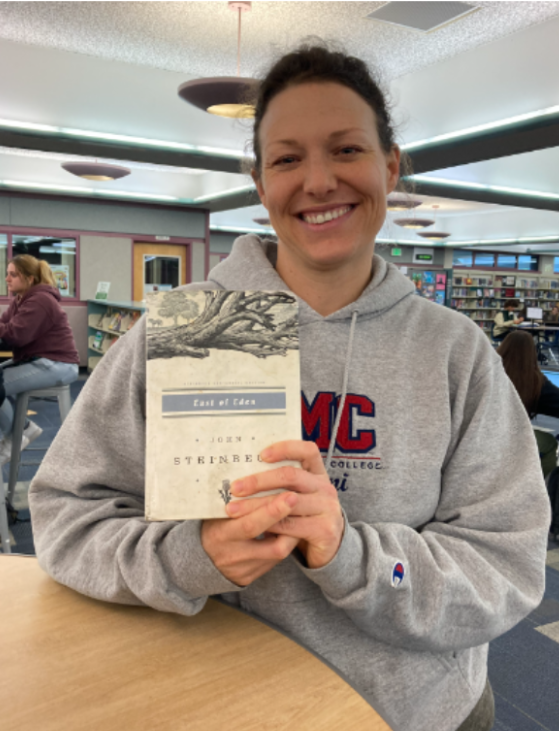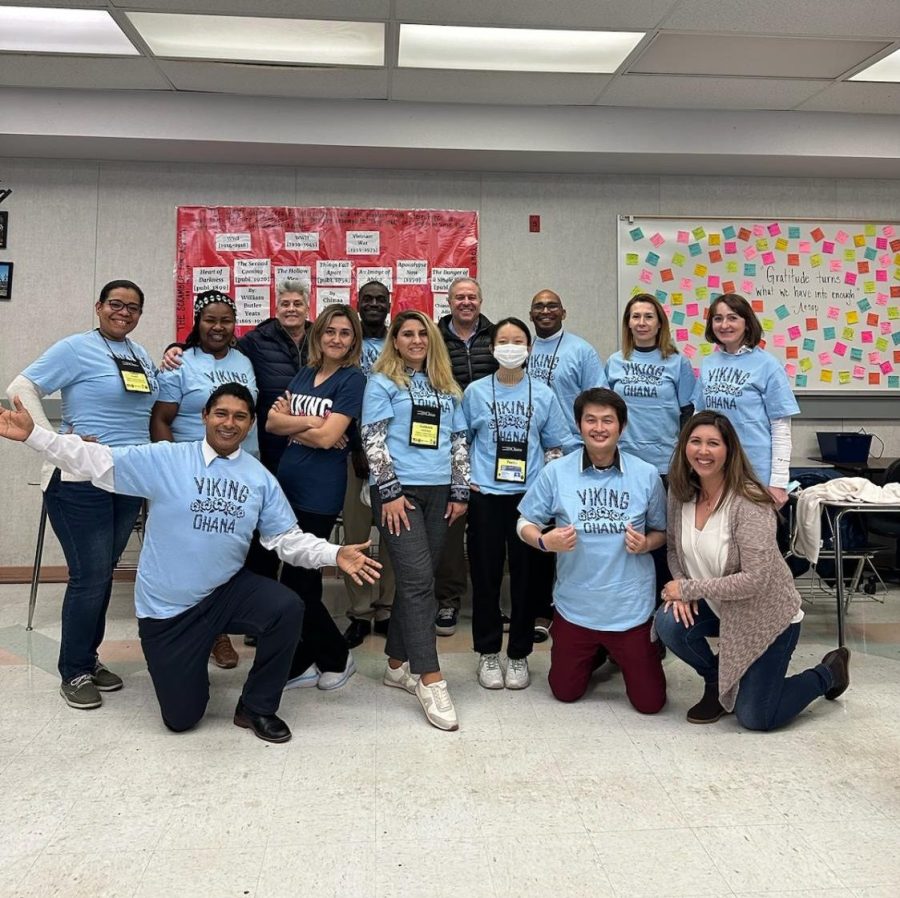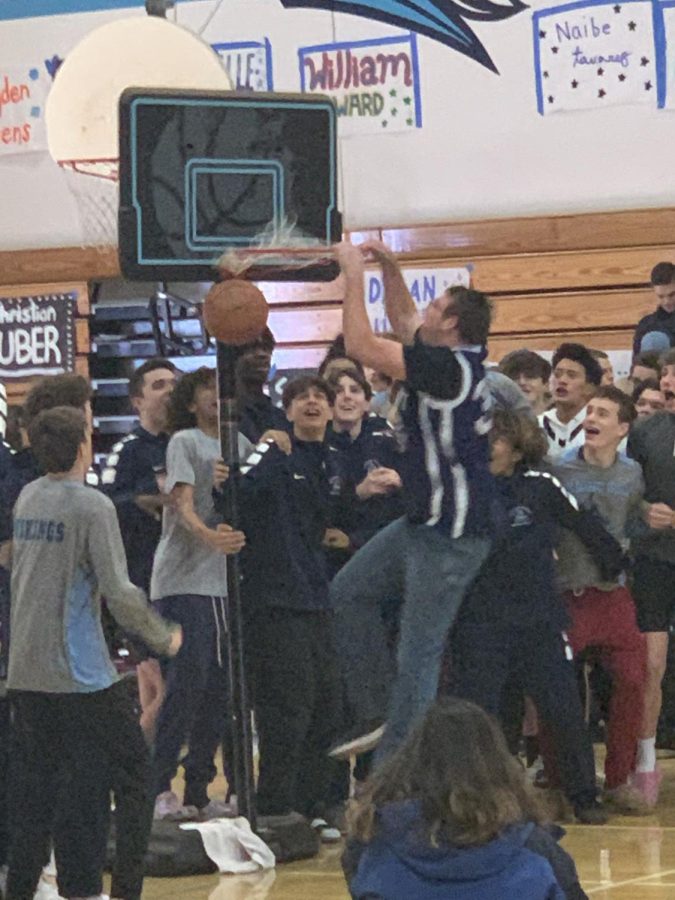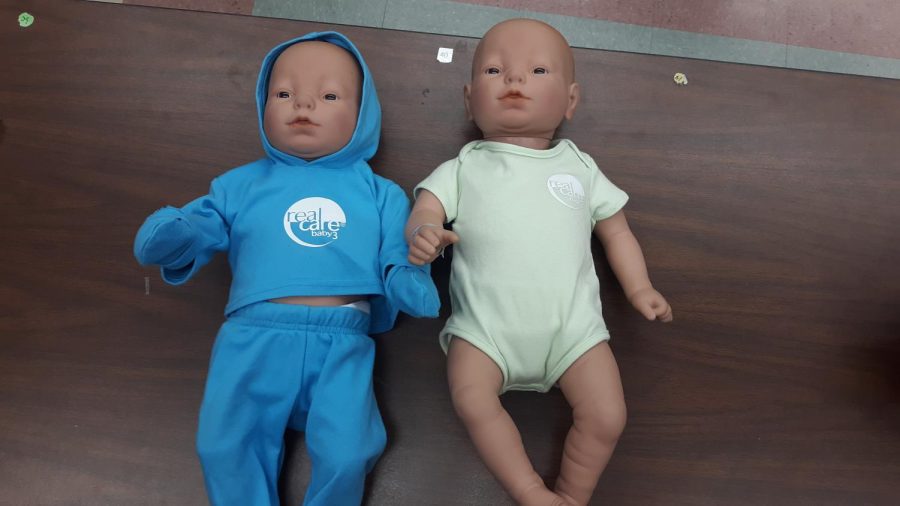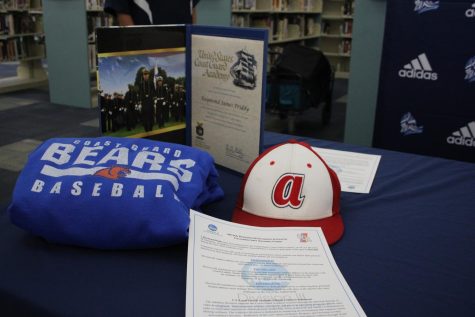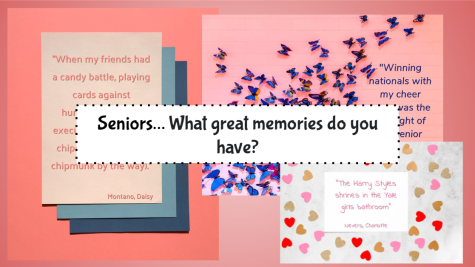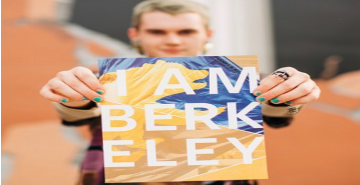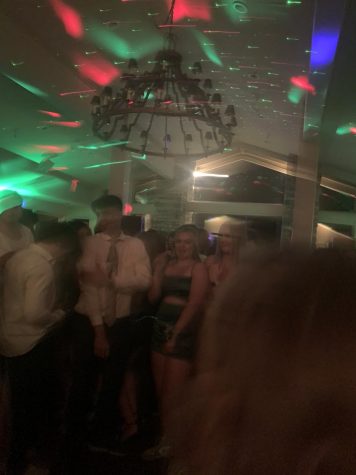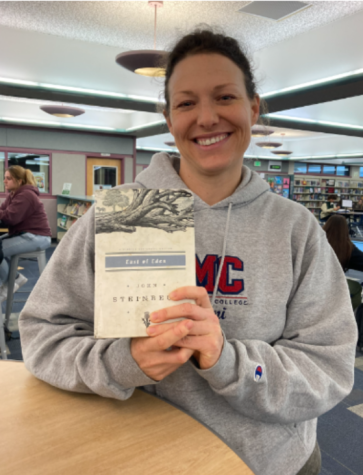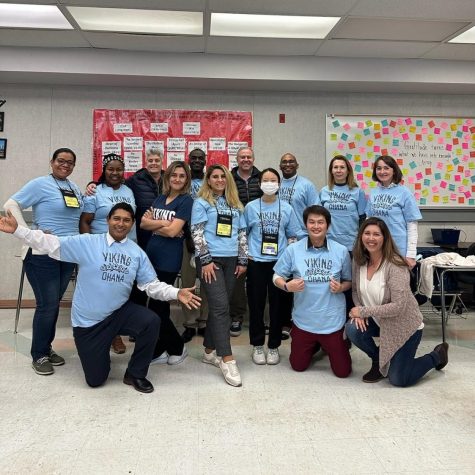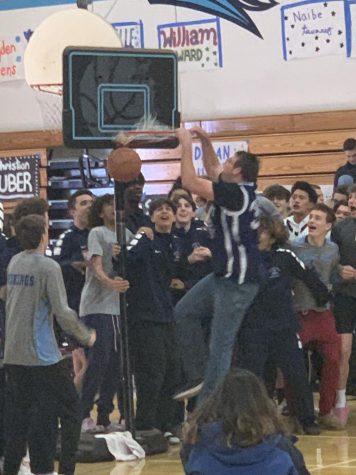PV Students Get a Taste of Parenthood
During February and early March, PV students in the Life Management and Human Development classes had the opportunity to take care of a robotic baby. Life Management and Human Development teacher, Natalie Ottoboni, says, “In Life Management we are studying child development and parenting, and so [the fake babies] are infant simulators the students are assigned, and they mimic what an infant would need…they track everything from the way the students hold them, whether they support the head or not, their body temperature, if they get too hot or too cold…I am able to download a program and give [the students][a report] on how they did in the simulation.”
The goal of the project is to give the students a realistic experience of what it is like to be responsible for a baby. Each student takes home the baby for one night or a weekend, and has to attend to the baby each time it cries. Programmed to cry similarly to when an actual baby would cry, the robotic baby will cry when it needs its diaper changed, when it needs to be fed, and other circumstances. Sensors in the baby will record how long it cries for until it’s attended to, if it is neglected, if it gets too cold. If any of these are not taken care of, the baby will shut down and, as the students call it, ‘die.’ Ottoboni explains, “If the students are too rough with [the baby], or they’re not caring for them, they shut down; there’s an abuse shutdown.”
However, despite the life lesson the project tries to convey to the students, not all the students like the project. Freshman Elle Read says, “It’s not very fun…I don’t like screaming children.” In spite of this, Read understands the point of the project. Read guesses that the point of the project is “hopefully to not have kids at a young age, until you’re ready.”
Some problems the students face with the project are interruptions with daily life. Several students recall how some babies cry in the middle of other classes, or the participants have to balance sports, jobs, or other activities and the baby, which is difficult, as the baby cannot be left alone. A solution to this the students have found is to have someone babysit the simulator. This allows the baby to be temporarily taken care of, but not permanently. Ottoboni says, “Each student, when they’re assigned a baby, they’re also assigned an electronic badge…that badge is supposed to stay on the student, and so anytime the baby cries, they have to scan the badge.” With the badge, Ottoboni says the baby “will accept care, so a random person couldn’t hold the baby and then feed it or change a diaper, the baby wouldn’t recognize that as the parent because they don’t have the electronic badge.” By creating this system, it protects the integrity of the project and accurately teaches the lesson.
Similar to taking care of the baby simulators, another project sometimes used by teachers include students taking care of an egg and making sure it doesn’t break. While this project does teach responsibility in taking care of or being careful with something, the baby simulators most accurately portray to the students what it is like to be a parent. By having to drop what they are doing to take care of the baby and being inconvenienced, the students learn how responsible they must be in order to take care of a baby. As a result of this project, Ottoboni concludes, “The big takeaway we wanted the students to have [was]…the amount of responsibility that comes with being a parent and how it changes what you’re able to do, you have to make sure you are always taking care of your baby’s needs before your own…you have to consider where the baby is when you want to do things like shower, or go to the bathroom, and sometimes you have to drop everything that you’re doing to make sure your baby is cared for.”
Although the project is finished, the impact of the project is still found in the students who participated in the project, and the students who watched those students in the project. Hopefully, students will remember the lesson taught, and will use that lesson to make smart decisions for their future.
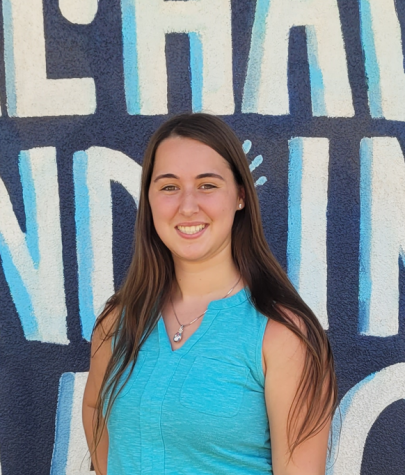
Makenna Wines (Class of 2023) is a senior, and this is her second year on The Saga. Last year, Makenna was the web designer for the club, and she really...


